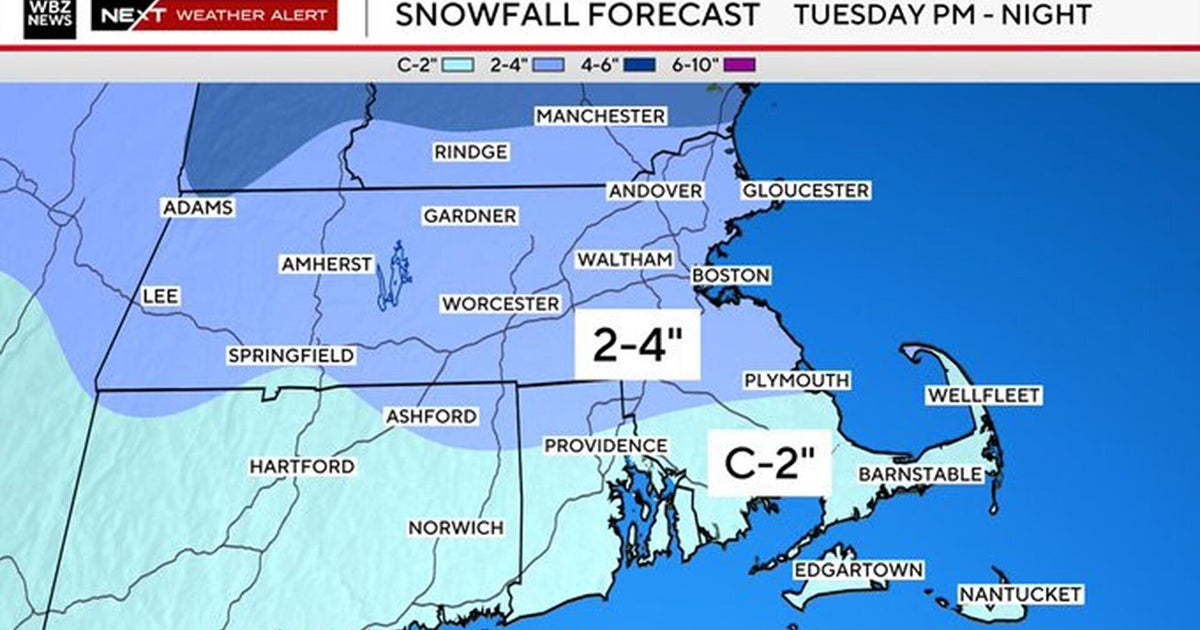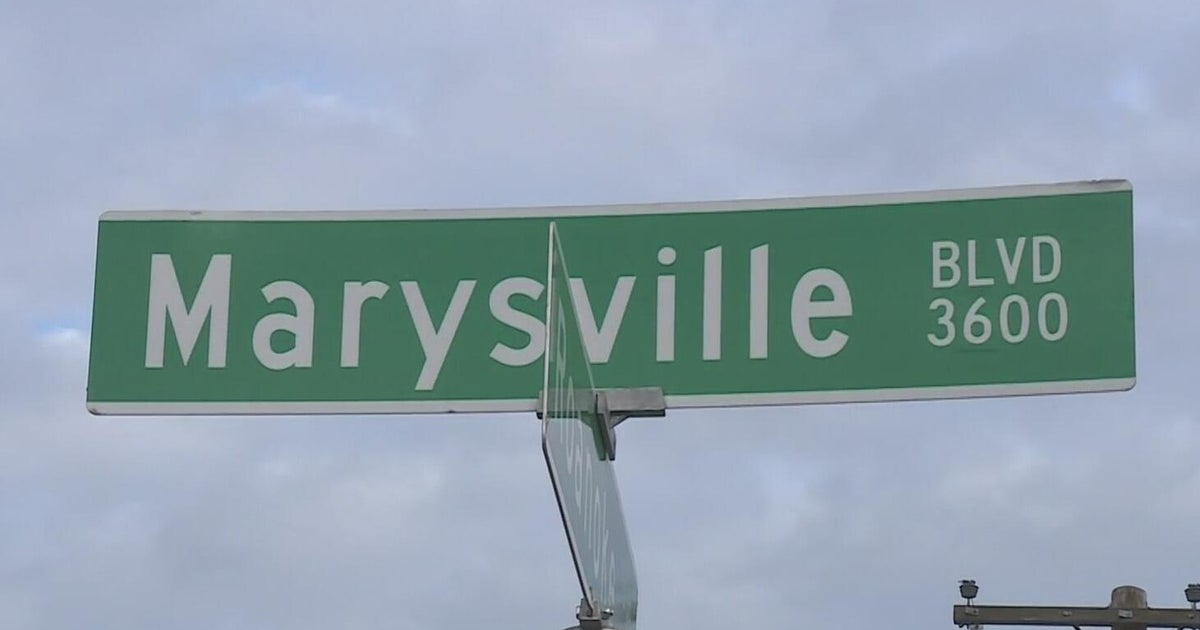Why Bill Gates Is Wrong on H-1B Visas
This is an extremely complicated issue, and it's been around for years, but let's talk some common sense about H-1B visas. Bill Gates went before Congress this week to try to make it easier for companies to hire foreign tech workers, using this visa status. Essentially, companies can bring in workers from India primarily who have specialized skills without paying them full compensation packages and without being committed to them for the remainder of their careers.
Congress allocates about 65,000 standard H-1B visas every year, and various exemptions and related visas may bring the number to as high as 130,000.
Microsoft and other companies seeking the expansion of H-1B visas argue that they can't find enough of the right engineers and other technical people in the United States. But is it really an issue of skills or is it economics?
Every time I've written about this, I get blitzed by unemployed 45-year-old engineers (Americans) who tell me that they would take these jobs if they could get them. They may be one cycle behind in terms of the technology but they could get up to speed with some quick training. The real issue, they say, is that they cost real money. They want benefits. They want some degree of permanence.
So I lean in their direction. After all, the average H-1B visa holder makes just $55,000 a year. I think it's an issue of profits, not skills. So I think U.S. tech companies ought to be more committed to helping American engineers repurpose themselves. That's the wisest long-term course.
What do you think?



